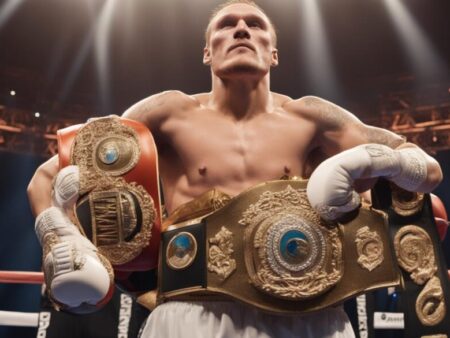Barry Davies, a renowned voice in sports commentary, especially known for his work on Match of the Day, has achieved a unique honor. He is the first commentator to be welcomed into the National Football Museum’s Hall of Fame.



Reflecting on his career, Davies, 87, admitted that being second to John Motson for FA Cup final commentary still stings slightly. However, this new accolade sets him apart. He expressed his astonishment at being included in such esteemed company in the Hall of Fame.
Davies shared his reaction to the news, stating he was “flabbergasted” and “couldn’t believe it,” especially when considering the prestigious list of existing Hall of Fame members. He learned of his induction through his son, who he jokingly credits as a better agent than those he had during his career, suggesting he might have commentated on more Cup finals with his son’s representation.
Looking back at his Match of the Day career, Davies recounted his debut on August 9, 1969, commentating on Crystal Palace against Manchester United. He humorously mentioned it wasn’t supposed to be his first game, as he expected to cover Leeds versus Tottenham. His final Match of the Day commentary was on August 23, 2014, for Crystal Palace versus West Ham, brought back to celebrate the show’s 50th anniversary. A career highlight for him remains Euro 96, particularly England’s performance against Holland, a tournament he felt England should have won.
Regarding the changes at Match of the Day, Davies admitted surprise at the decision to replace Gary Lineker with a trio of presenters. While acknowledging the broadcasting skills of Gabby Logan, Kelly Cates, and Mark Chapman, he questions the necessity of three presenters instead of one. He speculates Lineker might have felt ready to move on after a long tenure.
Davies also shared his broader views on contemporary football broadcasting, feeling there’s an overabundance of football coverage and excessive commentary during matches. He values allowing viewers time to form their own opinions during a game. While acknowledging talented commentators, he believes the current style often involves too many voices, which he finds distracting as a viewer.



Despite his critiques of modern football, Davies still appreciates certain players. Growing up a Tottenham fan and admiring Glenn Hoddle, he currently enjoys watching Jack Grealish from Manchester City. He voices disappointment at Grealish’s current role, believing his talent is best utilized when given freedom, rather than being restricted to a wing position. Davies admires Grealish’s vision and playmaking ability, contrasting it with what he perceives as an overly structured and backward-passing trend in contemporary football.


In conclusion, Barry Davies’s induction into the National Football Museum Hall of Fame is a celebration of his significant contribution to sports broadcasting. Despite some reservations about the modern direction of football and its presentation, his passion for the sport and insightful commentary remain evident. His perspective on the changes at Match of the Day and the broader media landscape offers a valuable viewpoint from a broadcasting legend.












